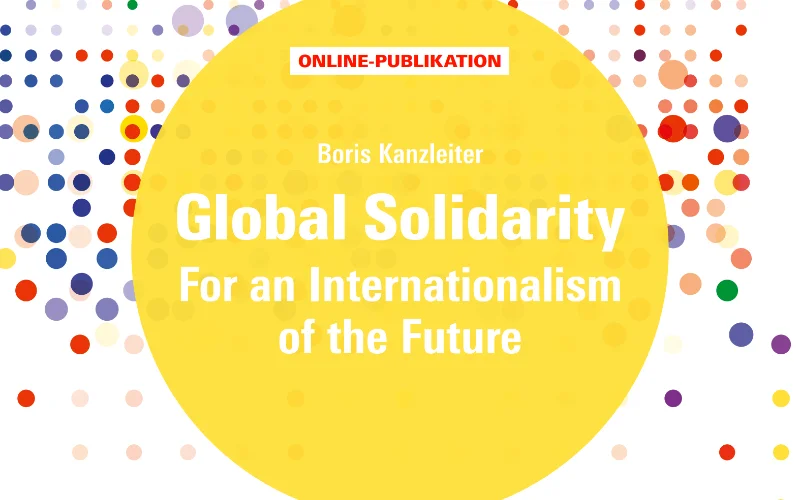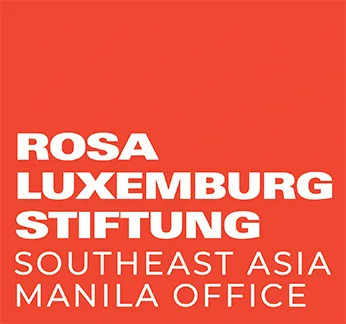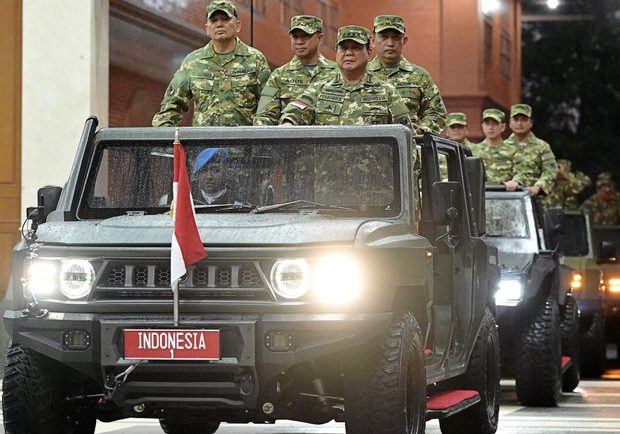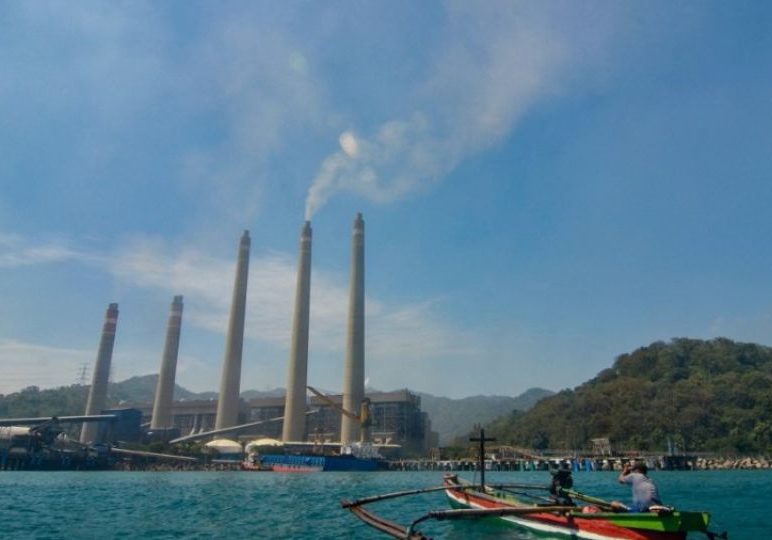Share

In left-wing discussions worldwide, the call for a “new internationalism” is growing ever louder. In the Guardian, former US presidential candidate Bernie Sanders has called for the foundation of an “international progressive movement”. According to Sanders, a political project should be established that opposes the “international authoritarian axis”—a project that stands for a “vision of shared prosperity, of security and dignity of all peoples”. This movement must address “the massive global inequality that exists, not only in wealth but in political power”.
Similar arguments have been articulated by voices of a broad Left spectrum, from the British Labour Party, the new feminist movements, the union movement, the climate justice movement, and intellectuals of the Global South. For example, shortly before his death in mid-2018, Egyptian theorist and founder of the Third World Forum Samir Amin published a call for the establishment of a “Fifth International of workers and peoples”.
Boris Kanzleiter is Director of the Centre for International Dialogue and Cooperation (ZiD) at the Rosa-Luxemburg-Stiftung in Berlin.
Translated by Marc Hiatt and Sonja Hornung for Gegensatz Translation Collective.
In light of the global crisis of capitalism and its intensification due to the current COVID-19 pandemic, discussions driving a “new internationalism”, as well as an international networking of the branches of the Left in civil society and politics, appear to be more urgent than ever before. Given the global character of the multidimensional crisis, a key point of departure for this text is that any discussion on left-wing strategy will only be capable of speaking to the current context if it comes with a globally-oriented analysis and an internationalist perspective. A left-wing politics fixated purely on the nation-state simply cannot go far enough, even if, in reaction to the symptoms of the crises, those approaches that focus on the nation-state are again rising to the fore.
Equally, demands for a new internationalism ought not to be confined to appeals and rituals directed only towards recalling the forgotten past of internationalism within the Left, impressive as this past may be. Rather, looking back into this history, it becomes clear that each and every period of capitalist development provoked a different left-wing internationalist praxis, each of which reacted to specific challenges.
If a new internationalism is the aim, this internationalism must relate to a political context that is currently experiencing rapid change, above all developing and strengthening concrete strategies and praxes in the struggle to secure left-wing social alternatives.






